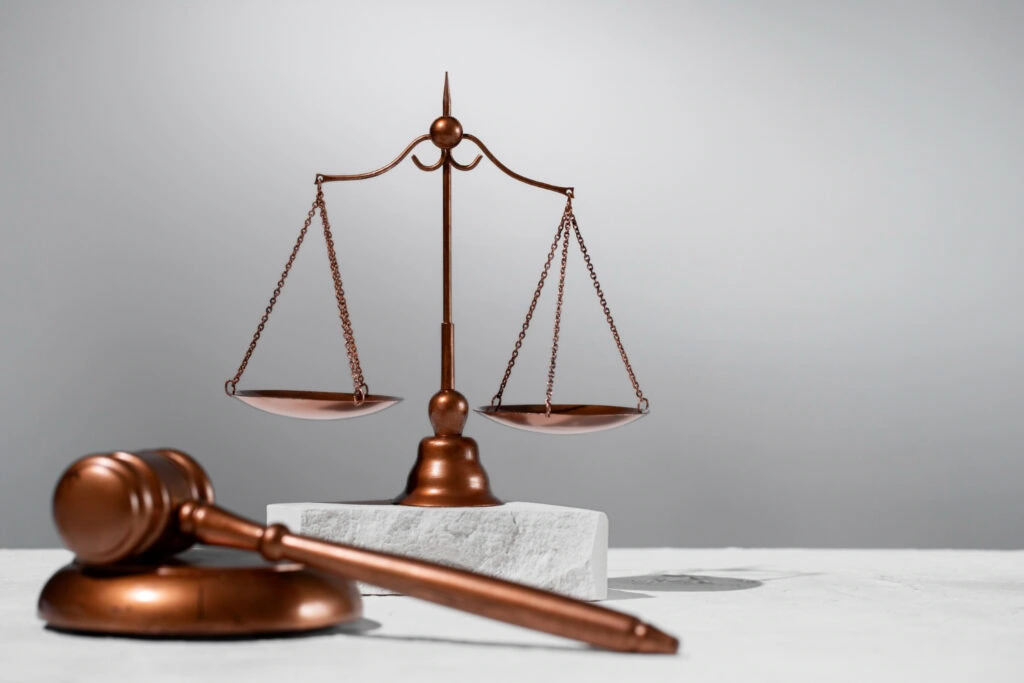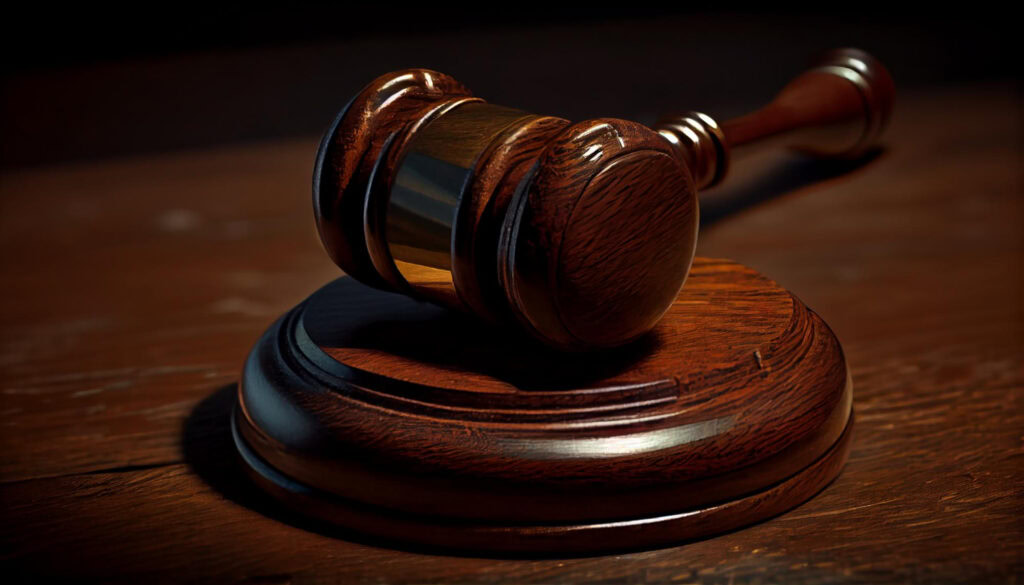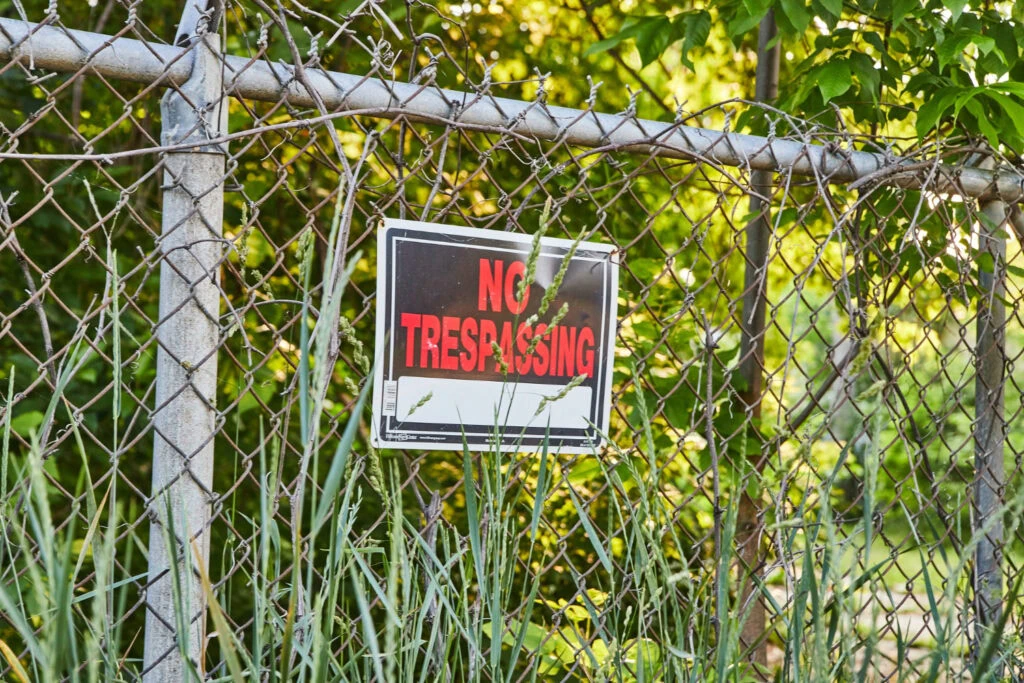In criminal law, two key concepts often come into play are: probable cause and reasonable suspicion. These legal standards are crucial for law enforcement officers and the judicial system, as they dictate when and how the police can make arrests, conduct searches, and stop individuals.
Understanding the nuances between reasonable suspicion vs probable cause is essential for legal professionals and ordinary citizens to comprehend their rights and the limits of police authority.
Understanding Probable Cause
Probable cause is the reasonable belief that a person may have committed a crime.
For law enforcement to obtain a warrant for an arrest or a search, they must demonstrate probable cause to believe that the individual in question is linked to a crime.
The historical context of probable cause traces back to the early days of American law, evolving from English common law. It was established to prevent abuses of power by authorities and ensure that citizens’ privacy and liberty are not violated without just cause.
Probable Cause Examples
The criteria for establishing probable cause involve a combination of factual evidence and logical conclusions.
1. For instance, if a police officer sees someone breaking into a house, the observed facts, coupled with the logical assumption of burglary, constitute probable cause for arrest.
2. Similarly, if law enforcement has evidence like a credible witness testimony or incriminating physical evidence linking someone to a crime, this also meets the probable cause standard
3. Finding drugs in plain view during a traffic stop or receiving a tip from a reliable informant about illegal activities is enough to act on probable cause.
Understanding Reasonable Suspicion
Reasonable suspicion is a lower standard than probable cause and is used to justify temporary stops and detentions but not total searches or arrests.
Reasonable suspicion refers to the legal standard where a police officer has a factual and rational basis to suspect someone is, has been, or is about to be engaged in criminal activity. This concept is less about proof and more about reasonable inferences and deductions based on specific facts or circumstances.
Unlike probable cause, reasonable suspicion does not require evidence strong enough to justify a search or arrest warrant. It’s based on the overall impression and the context of the situation.
Reasonable Suspicion Examples
Suppose a police officer observes someone repeatedly walking back and forth in front of a store late at night, looking into the windows and checking the door. In that case, this might constitute reasonable suspicion of potential burglary.
What makes reasonable suspicion different from other legal standards lies in the level of certainty and the evidence required. Reasonable suspicion can be based on less concrete evidence and more on the experience and intuition of the police officer, considering the circumstances.
Practical examples of reasonable suspicion include traffic stops for suspected DUI, where the officer may notice erratic driving or stopping a person in a high-crime area who appears to be concealing something or running away.
These scenarios allow law enforcement to detain individuals briefly for further investigation, although they do not automatically justify a full search or an arrest.
Comparing Probable Cause and Reasonable Suspicion
When we compare probable cause vs reasonable suspicion, it’s crucial to understand their definitions and how they are applied in legal scenarios.
Probable cause represents a higher standard of evidence and is generally required for obtaining a search warrant or making an arrest. It’s based on a reasonable belief, supported by facts and circumstances, that a crime has been, is being, or will be committed.
Reasonable suspicion, however, is a lower standard, sufficient for brief stops and detentions but not complete searches or arrests. It’s based on specific and articulable facts and rational inferences from those facts, indicating that a person is involved in criminal activity.
In legal scenarios, probable cause might be used to justify a home search. In contrast, reasonable suspicion could justify a pat-down search during a traffic stop if the officer believes the individual might be armed and dangerous.
The key similarity between these two concepts is that both are grounded in the need to balance individual rights with law enforcement responsibilities, requiring a factual basis for any intrusion into personal liberty.
Differences Between Probable Cause and Reasonable Suspicion
Despite their similarities, the differences between probable cause and reasonable suspicion are significant, particularly in their legal application and impact on law enforcement actions.
Probable cause requires more evidence and is more closely scrutinized in court. In contrast, reasonable suspicion allows for police action based on less concrete evidence but within narrower limits.
For instance, an officer might have reasonable suspicion to stop someone who matches the description of a suspect recently reported in the area. However, to search that person’s backpack, the officer would need probable cause – evidence suggesting that the backpack might contain stolen items or contraband.
Role in the Legal System
Probable cause and reasonable suspicion play a pivotal role in the legal system, particularly in safeguarding citizens’ rights. They serve as checks against arbitrary police action, ensuring that there is a justified reason for law enforcement to intrude upon an individual’s privacy or freedom.
These concepts significantly affect the outcome of legal proceedings. For example, the exclusionary rule can exclude evidence obtained without probable cause from trial. This rule reinforces the importance of these standards in upholding the judicial process’s integrity.
Balancing law enforcement needs with individual rights is at the heart of these legal standards. While they empower police to act in the interest of public safety, they also protect citizens from unreasonable searches and detentions.
Practical Implications for Defendants and Law Enforcement
Knowing these concepts helps defendants assess the legality of law enforcement actions, such as arrests or searches. This knowledge is crucial in contesting cases where the evidence was obtained without proper legal justification, potentially leading to its exclusion from court proceedings.
For law enforcement, correctly applying probable cause and reasonable suspicion is vital to uphold the law’s integrity and ensure successful prosecution.
Officers must articulate the reasons behind their suspicion or belief that a crime has occurred, is occurring, or is about to happen. This legitimizes their actions and protects them from legal repercussions and challenges in court.
The consequences of misinterpreting or misapplying these standards can be significant. For law enforcement, this could result in disciplinary actions, suppression of evidence, or even civil lawsuits. For the justice system, it undermines public trust and can lead to wrongful convictions or the dismissal of valid cases.
Conclusion
When it comes to probable cause vs. reasonable suspicion, understanding these concepts is paramount for law enforcement officers in conducting their duties within the bounds of the law and for defendants in protecting their rights.
Probable cause and reasonable suspicion are more than just legal terms; they are fundamental safeguards in our justice system, balancing law enforcement needs with protecting individual liberties.
Misinterpretation or misapplication of these standards can have far-reaching implications, affecting the legitimacy of legal proceedings and the rights of individuals.
For those facing legal challenges or law enforcement professionals seeking to refine their understanding of these critical concepts, it’s advisable to seek expert legal advice.
Consider consulting with David L. Faulkner if you have questions or need guidance on probable cause and reasonable suspicion. Contact David L. Faulkner today and get clarification on probable cause vs reasonable suspicion.










